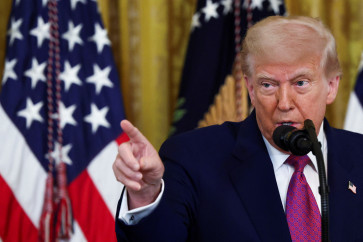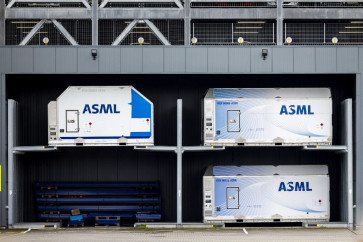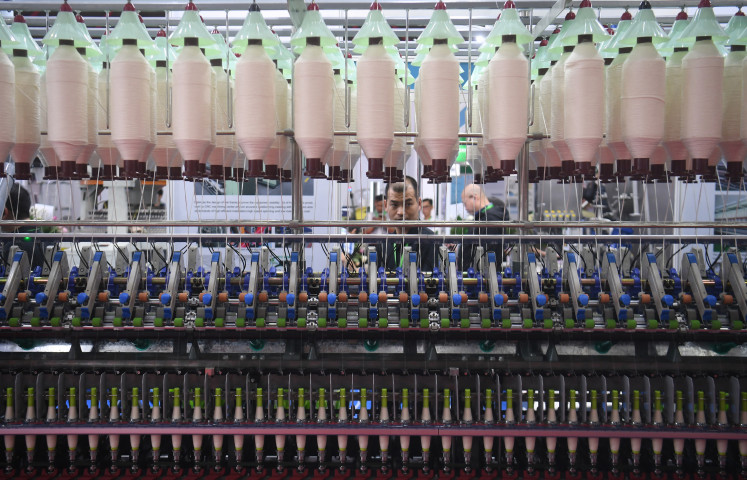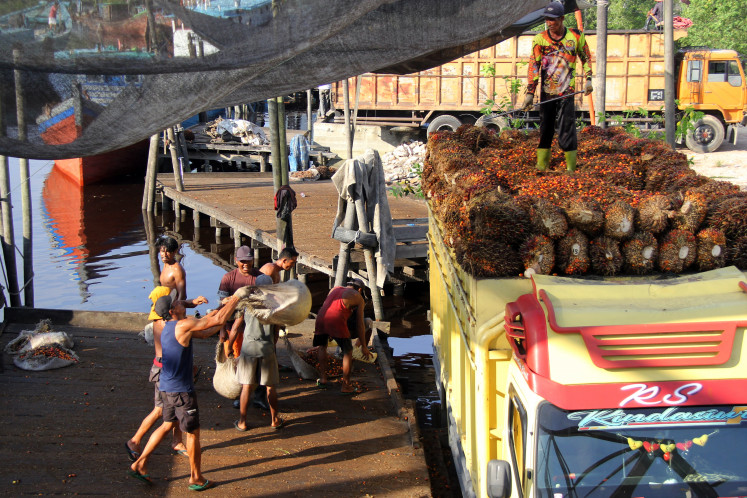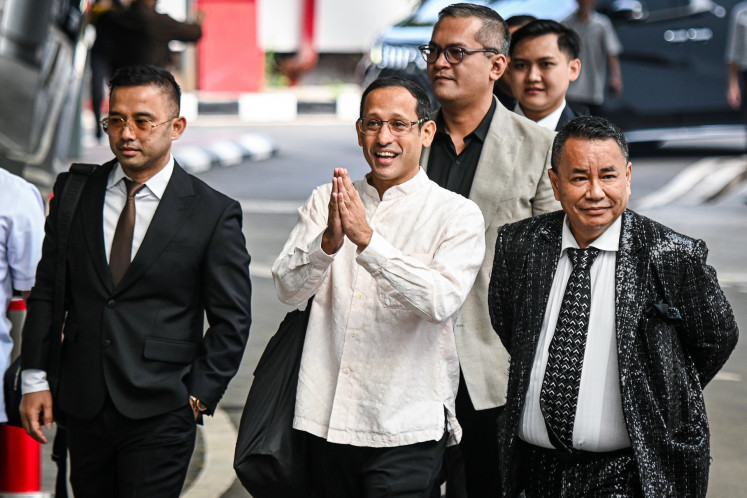Popular Reads
Top Results
Can't find what you're looking for?
View all search resultsPopular Reads
Top Results
Can't find what you're looking for?
View all search resultsProgress made in government antigraft campaign: TII
A review by Transparency International Indonesia (TII) has found that the government is making progress in fulfilling its antigraft commitments made at an international anticorruption conference two years ago
Change text size
Gift Premium Articles
to Anyone
A
review by Transparency International Indonesia (TII) has found that the government is making progress in fulfilling its antigraft commitments made at an international anticorruption conference two years ago.
In 2016, 43 countries and seven international organizations gathered in London for a meeting on the global fight against corruption, which was hosted by the United Kingdom’s government. The forum resulted in a global declaration and country-specific commitments to end corruption.
At that time, Indonesia made 19 commitments on various issues, such as preventing corruption in public goods and services procurement, whistle-blower protection and greater transparency regarding beneficial
ownership.
On Wednesday, the TII revealed that Indonesia had fulfilled 17 of the commitments as shown in its study conducted in September 2017, including those related to whistle-blower protection and procurement.
Despite these achievements, Indonesia was deemed to have fallen short on its commitment to promote anticorruption values through education and training.
In the assessment, the country also failed to meet its commitment to address beneficial ownership, TII secretary-general Dadang Trisasongko said.
However, six months after the TII conducted the study, President Joko “Jokowi” Widodo signed the presidential regulation on beneficial ownership, which aims at promoting transparency and combating the flow of dirty money.
The policy requires business entities to register their beneficial owners.
The UK’s ambassador to Indonesia Moazzam Malik described the issuance of the regulation as an important step in the anticorruption campaign.
“Indonesia’s progress since the London summit is a testament to the will and commitment of President Jokowi and his government, including the KSP [to fight corruption],” Malik said, referring to the presidential office, which is responsible for overseeing anticorruption programs.
Under Jokowi’s administration, almost every policy related to the campaign — from beneficial ownership to public procurement — has been issued under a presidential regulation rather than a revision to the law, which could take years to deliberate, the KSP said.
“This has been our strategy in order to fulfill our commitments immediately, as it takes a long time to revise laws and bring them in line with our commitments made at the summit,” KSP representative Bimo Wijayanto said.
But activist group Indonesia Corruption Watch (ICW) begged to differ, saying progress could only be seen in the private sector.
The government continues to overlook other aspects deemed important for the general public, like building systems to prevent corruption in law enforcement, the judiciary and political bodies, ICW’s Adnan Topan Husodo said.
Indonesia has made progress in deregulating its economy and removing red tape in business licensing procedures, with its ranking in the World Bank’s Ease of Doing Business Index for 2018 climbing 19 places to 72 from its previous rank of 91.
But cases of corruption continue to emerge, often involving officials in the judiciary, as well as national and regional administrations.
Adnan cited Indonesia’s stagnant score in Transparency International’s 2017 Corruption Perception Index, at 37 out of a possible 100, similar to its achievement in 2016.
“This could be because of ineffective law enforcement reform, as well as the lack of political will to support such campaigns,” Adnan said.



